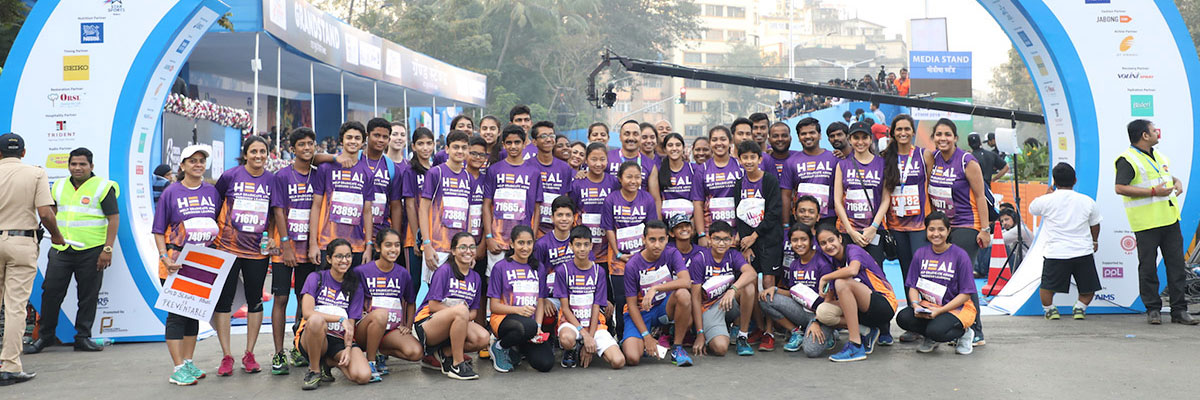
Take action
Learn the signs of CSA
Whether you are a relative, educator, social worker, or just a concerned adult, it is essential to remember that children may be developmentally unable to protect themselves from abusers. It is the responsibility of adults around children to protect them from harm.
Strive to become knowledgeable in keeping children around you safe by learning preventive behaviour. Make sure that children around you know that they can trust you and depend on you for help.
It is never wise to jump to conclusions that every behavioural or physical change in a child is a sign of abuse, but it is important to consider the possibility.
Read some common indicators of abuse below:
Physical signs
- Bruising, bleeding, swelling, tears or cuts on genitals or anus
- An unusual vaginal odour or discharge.
- Torn, stained or bloody clothes, especially underwear.
- Pain or itching in the genital area, difficulty going to the bathroom, walking or sitting.
- Sexually transmitted diseases/infections, especially in pre-adolescent children.
- Pregnancy.
Behavioural and emotional signs
- Difficulty concentrating.
- A change in school grades, studying or focusing more than usual or neglecting classwork and skipping school.
- Mood disorders, especially depression.
- Regressive behaviour, for example bed-wetting or thumb-sucking when it was not an issue before.
- Sudden development of fears, especially of specific people or places.
- Creating stories, poems or artwork about abuse.
- Sexual knowledge & behaviour inappropriate for the child’s age.
- Sexual aggression toward younger or smaller children.
- Self-harm or self-demeaning remarks.
- Eating disorders like bulimia nervosa or anorexia nervosa.
- Alcohol or drug abuse.
Signs that an adult is sexually abusing a child
- Refusal to give the child privacy or make their own decisions on personal matters.
- Abnormal interest in child/teenager sexual development.
- Pushing physical affection on a child i.e. kissing, hugging, or wrestling when it is obvious the child does not want it.
- Insisting on uninterrupted time alone with a child.
- Buying a child expensive gifts or giving them money for no reason.
- Picking on a certain child.
- Treating a certain child differently than others, treating them as their “favourite” or special.
- Walking in on a child or teenager in the bathroom.
- Often offering to babysit or take a child on overnight trips.
If you think a child could be being abused, but they have not disclosed anything to you, or you are not sure, these are some things you can do:
- Talk to the child
Talk to them to build a positive, supporting relationship with the child, so that if or when they feel comfortable talking about being abused, they can come to you. - Record information
Record information about the child so you can try to find behavioural patterns, and use that information to seek further assistance if necessary. - Talk to their teacher
Talk to the child’s teacher or another trusted adult that interacts with the child often to see if they have noticed signs of abuse. - Share your concerns with others
Share your concerns with other individuals like medical professionals, mental health professionals or child rights workers to get different perspectives on the situation. - Contact helplines
Contact the helplines listed below for support and assistance.
*Adapted from the NSPCC’s resource on what to do if you are not sure if a child is being abused.
Even concerned bystanders can protect children by learning to address boundary violations as discussed in the following presentation during ASCCSA 2015 by Darkness to Light.
Seek help
If you or someone you know has experienced child sexual abuse and is seeking help, you may reach out to us. At HEAL we refer survivors to trusted psychotherapy providers. Our ability to respond to individual cases may get limited, but we will try our best to put you in touch with the right professionals.
If you represent an organisation and need help with making it safer for children, you may write to us at projectheal.thefoundation@gmail.com
